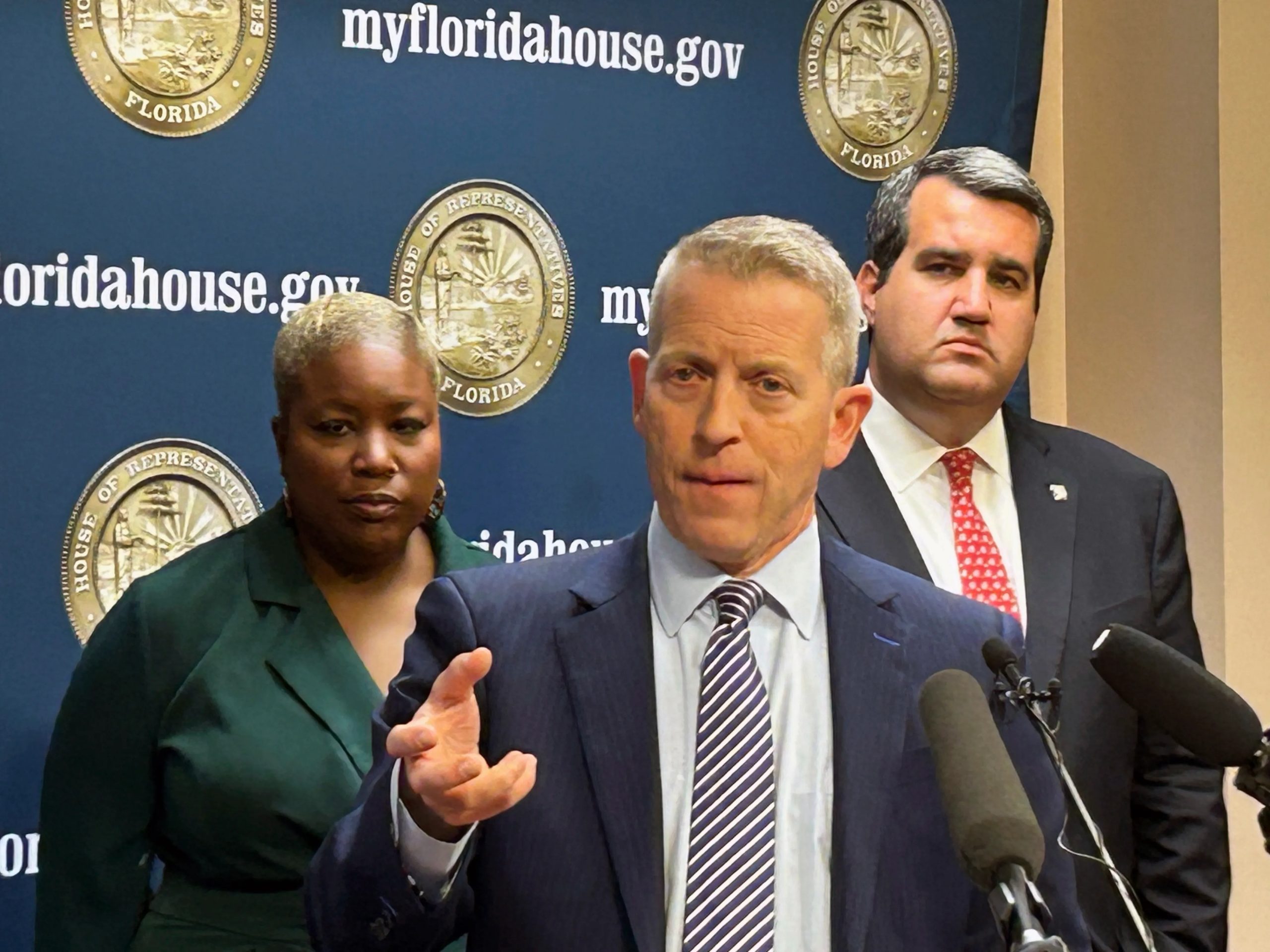The Florida State Senate‘s passage of a bill prohibiting local agencies from implementing additional heat protections for workers has sparked debate and raised concerns about worker safety and uniform regulations.
The bill, Senate Bill 1492, aims to prevent cities and counties from imposing regulations that go beyond what is already required by state or federal law regarding heat exposure requirements for workers.
Supporters argue that the bill will establish consistent rules across the state, preventing a patchwork of regulations that could be burdensome for employers.

Senate Approves Bill (Credits: The Hill)
However, labor organizations and worker advocates argue that heat protections are essential, particularly for workers in industries like construction and agriculture, where exposure to extreme heat can pose serious health risks. They argue that such protections are necessary to prevent heat-related illnesses and injuries among workers.
The timing of the bill’s passage, coming after NOAA confirmed that 2023 was the hottest single year ever recorded, has added to concerns about the impact of rising temperatures on worker safety.
The bill’s implementation date of July 1, 2024, means that if passed by the House and signed by Gov. Ron DeSantis, it would take effect amid growing concerns about the effects of climate change.
Critics of the bill also point out that the Occupational Safety and Health Administration (OSHA) has not yet issued specific standards for dangerously high temperatures, leaving workers potentially vulnerable to heat-related hazards.
They argue that local agencies should have the flexibility to implement additional protections based on the specific needs of their communities and industries.
The bill’s fate now rests with the House, where it awaits approval before it can be sent to Gov. DeSantis for signature. As the debate continues, the issue of heat protections for workers is likely to remain a contentious issue, highlighting the need to balance worker safety with regulatory consistency.























